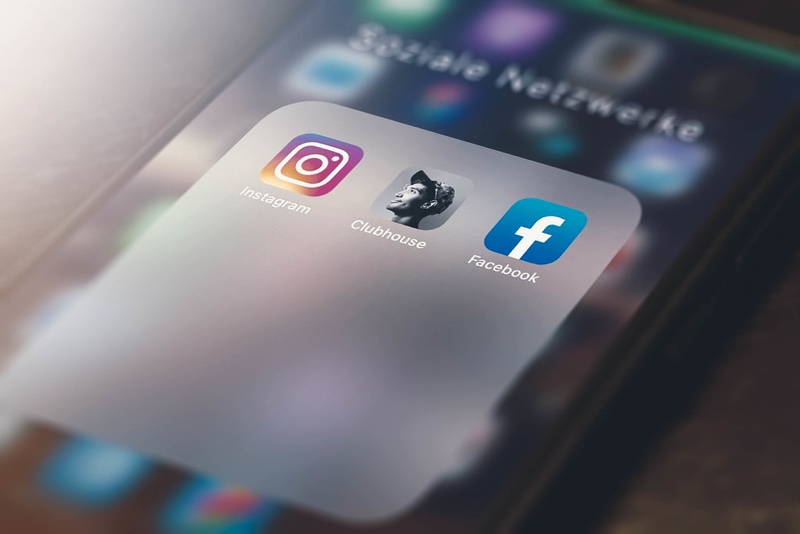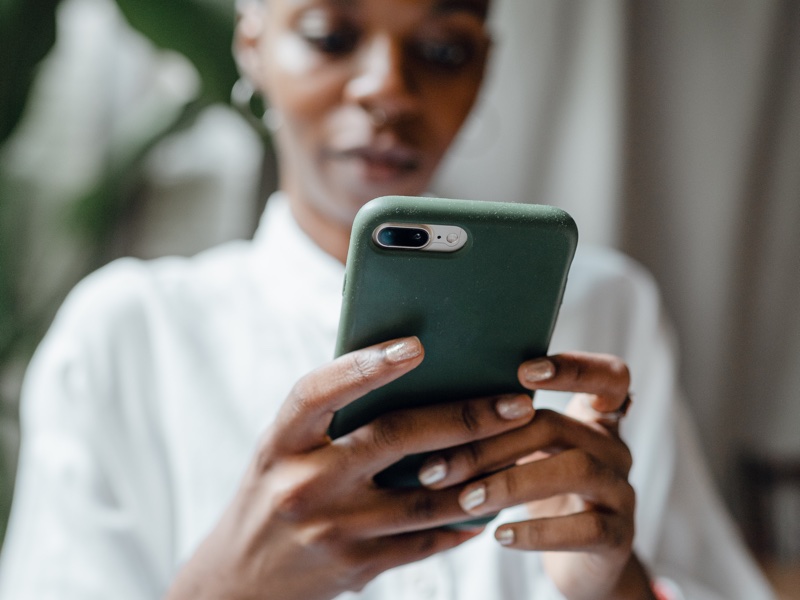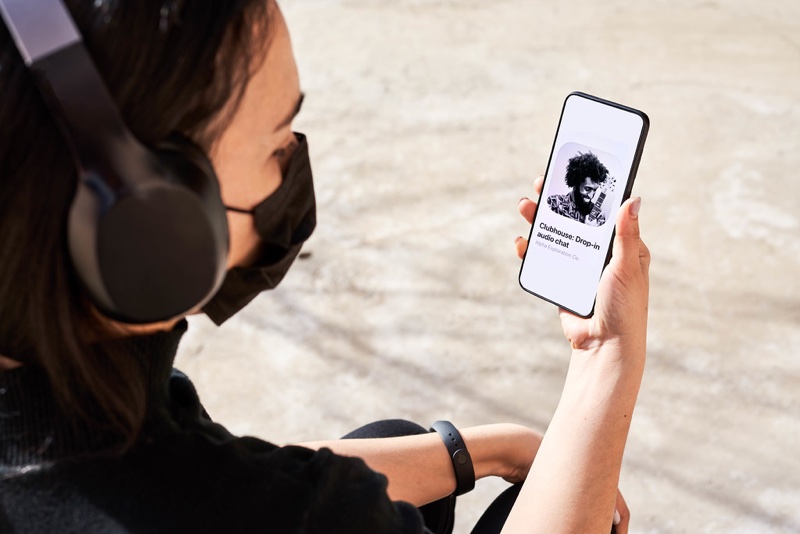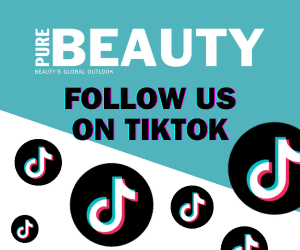No DMs, no videos and no #ads – Clubhouse is the unorthodox social media rebel that’s reinventing the social media wheel.
Hitting the scene in April 2020, the part Houseparty, part radio, part symposium app, launched as an audio-only platform that encouraged users to talk, listen and learn – in Clubhouse’s words.
The invitation-only site dominated conversations at a time when meeting up in person was unlawful, and many could only leave the house for their legally permitted hour of exercise, making technology the lifeline of communication.
Now, despite many countries emerging from lockdown, the star app is still causing a stir for its never-before-seen functionality, business potential and exclusivity.
Garnering interest from more than 10 million users, eight million of which have joined since January 2021, and used by the godfather of tech, Elon Musk, the site is an experimental take on the traditional interactive, follower-driven social networks consumers are used to.
The platform allows users to connect to people through their interests, be it beauty and wellbeing, astrology, politics or economics – once they are invited to join. Upon making it into the site, consumers can seamlessly move between chat ‘rooms’ hosted by fellow elitists and engage in their conversations, virtually raise their hand to have a moment with the microphone and delve deep into their connections’ connections.
‘Clubhouse is something special’
The start-up is the creation of Paul Davison and Rohan Seth, both of whom have a history in the exclusive engineering playground.
Davison was responsible for the inception of the app Highlight, a cute-meet platform, which tracked users’ whereabouts and allowed their information to be shared with other peoples’ profiles nearby, who shared similar interests and connections.
But despite venture capitalists’ writing out cheques worth millions, Highlight was deemed too invasive to go mainstream and, just a year after its birth, was thrown onto the burn pile before it had a chance to fully ignite any serendipitous moments.
Meanwhile, Seth, described as a tech genius by his peers, is an entrepreneur, who early into his career – before graduating – helped Google build its Maps location platform. Working for six years with the technology giant, he went on to lead Google’s User Location infrastructure. His team would then go on to build the location platform for Android.
It’s safe to say the CV’s of Clubhouse’s creators are nothing short of formidable, and its explosion onto the market did not go unnoticed by venture capitalists, who were soon reaching for their digital wallets.
In April 2021, 12 months after its official release, the business closed a round of Series C financing, which, according to a Reuters source, confirmed the company’s estimated worth at US$4bn – the amount Twitter reportedly offered to pay for the programme.

Credit: Marco Verch
The round of funding was led by Silicon Valley-based private venture capital firm Andreessen Horowitz, the company driving Airbnb, Buzzfeed and electric bike sharing group Lime.
“The moment we saw it, we were deeply excited,” says Andrew Chen, the General Partner at Andreessen Horowitz.
“Clubhouse started out like many new Silicon Valley apps do, with friends and family in the tech community trying out an alpha or beta product, but it quickly grew as Paul and Rohan built new features at a rapid clip.
“It soon became obvious to me, as my time in the app reached more than a dozen hours a week, that Clubhouse is something special.”
But what is it about the audio-only, Musk-approved platform that has made it the Silicon Valley star of the moment, and what can it do to enhance beauty businesses?
‘Networking on rocket fuel’
For Rohit Banota, a former regional manager of Procter & Gamble who went on to establish StorySaves, a brand strategy business targeting the beauty sector, Clubhouse has been a Godsend for making new connections.
“Clubhouse is like networking on rocket fuel,” he tells Cosmetics Business.
“It’s serendipity, because if it weren’t for Clubhouse, people that would have otherwise never responded to me now get in touch with me.
“You are not even first, second, third or fourth degree of separation on any other social media platforms, but on Clubhouse you manage to bump into people just because the app is by invite-only right and only for iOS.
“It's really random who will come online; you might not have any degree of connection with them on any other platform,” he adds.
And it’s for this reason Banota believes Clubhouse can serve as an invaluable platform for beauty, and act as a source of information which ordinarily wouldn’t come for free.
He explains that Clubhouse’s inclusivity and ability to connect users allows users to benefit from in-depth information that will directly enhance their business.
For example, if a user wanted to know the terms of a particular retailer’s contact, or what three things a retailer prioritises over everything else, that information could give a brand a competitive edge.
“The end objective for many beauty brands is getting into a retail store, and via Clubhouse we are benefiting from connections with connections and from pieces of advice, which some would otherwise have had to pay for.”
To ask these questions, Banota explains: “You can just go on to the app, get into a beauty room and ask this question, and a brand that is already stocked at that store, if not the retailer themselves, would answer your questions and tell you exactly what you want to know.
“I think that knowledge – to hear it from another brand – is priceless.”
The power of conversation
Sam Freedman is the founder and CEO of digital beauty wholesaler Curate Beauty; she describes her experience on Clubhouse as one that is more meaningful than hitting ‘follow’ on other social media sites.
“Our customers are retail businesses, salons and spas, many of which are looking for new ways to connect with their audiences, but also business peers and investors, and Clubhouse feels a safe space to do that,” she tells Cosmetics Business.
“There’s an openness and realness to talks that I don’t believe there is on any other platform.”
She added: “In a world that is all-consuming, it feels refreshing to just be using just one sense – our hearing – to experience and evolve our knowledge. Sometimes that can be a lot more powerful than when we see, feel and hear at the same time.
“I also love the openness and ability to connect further with your community in open talks and discussions – something that podcasts lack; and while LinkedIn has been the primary business-to-business social platform, Clubhouse feels a lot more authentic for today’s world.”
And it's this authenticity, which leaves scripted posts and product plugs on the likes of its competitors, that puts Clubhouse ahead of its counterparts, says Ron Robinson, a cosmetic chemist and founder of BeautyStat.

When asked what’s so impressive about Clubhouse’s platform, he says: “The intimacy. On Clubhouse, there's no script, there's no pre-production, there's no one that can be my voice. It can only be me responding to questions and comments in real-time.
“You never know where the conversation is going to go. You never know what you are going to be asked. You never know who will be in the room with you listening or talking,” he adds.
To ensure his own authenticity, Robinson does not use a formal strategy when interacting in Clubhouse.
“Many conversations I've been in revolve around other brand founders and experts sharing best practices,” he adds.
“I've taken many of these learnings and implemented them in my own business. I also love the fact that I've connected with so many other brand founders, from both new start-ups to big, big brands and everything in between.
“These new relationships have been taken off of Clubhouse too, where I have Zoomed and planned to meet some of these founders in person so that we can share even more.
“What I love most about it is that I can give advice and mentor other beauty entrepreneurs. I've carved out time to connect with someone off of the app in order to make introductions and give advice. It feels so rewarding.”
But, according to Banota, there is a danger of reputational risk if speakers are not on top of their game.
“You cannot fake it on Clubhouse,” he says.
“If I go on stage and somebody asks me a question about influencers or how a brand should launch, I will not be able to fake my answer because they will ask me follow up questions.
“So, in terms of business, you need to be on top of your stuff. You might get away with one wrong answer, but after a couple of conversations, people will start to see through you; you need to be authentic, because people can see if you are just trying to get a sale, or if you are really trying to add value.”

Credit: Marco Verch
Wizz Selvey, founder and CEO of brand and retail strategy firm Wizz&Co, also tells Cosmetics Business that users should be wary they are not investing every waking hour in the app, and allowing other avenues of value to their business slip.
“There's that risk value that you go into a black hole of spending 15 hours a week on it… and I don't think there's enough social proof to really see what the traction is.
“I think the people who are the creators are the ones that are on it 24/7 and they’re having to invest a huge amount of time in there, which is distracting for you the rest of the time, because something else has to give if you're going to spend that amount of time on the platform.”
Of course, there are some drawbacks to Clubhouse’s user experience. For one, it’s invitation-only, so users have to be nominated in order to enter and it is only compatible with iOS.
Meanwhile, for beauty users, traditional influencers show beauty through live tutorials and posts, so it’s more difficult as an influencer to monetise from Clubhouse as the opportunities are limited with an audio-only platform.
Similarly, Banota raised concerns about content. “Right now, it's just a novelty; it's just like greeting people like you wouldn't before. The whole issue is what kind of content would work on Clubhouse.
“For the platform to really become engaging and bring people back, users need to figure out what kind of content their customers would love to log into and listen to every day.”
But these limitations and visual pitfalls are unlikely to stop big brands knocking at Clubhouse’s door, according to Bahota.
“Big brands will come and they will sponsor rooms, but that will not happen until the content format evolves,” he says.
The evidence does not yet show that Clubhouse will topple its rivals and social media will cease to exist as it’s known today.
However, the traction experienced by the site during its first year of business should be enough to make beauty players stop and consider the value this serendipitous networking app could offer them.





